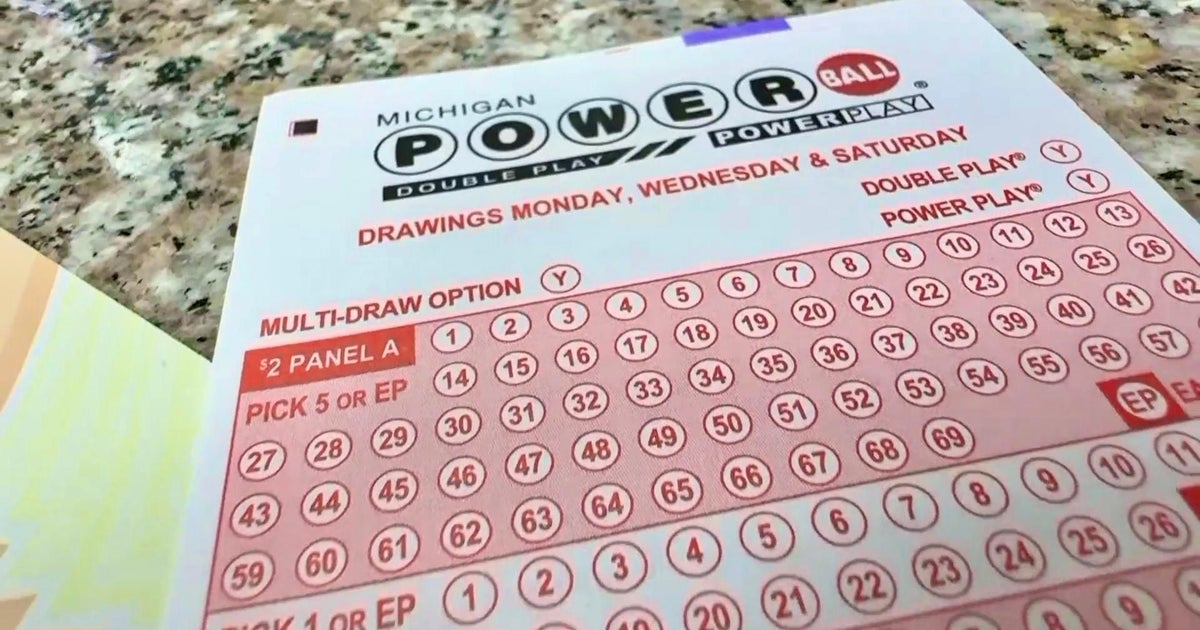Michigan Supreme Court Hears Arguments On Constitutionality of Gov. Whitmer's Emergency Powers
CBS Detroit - The Michigan Supreme Court heard oral arguments today to determine if Governor Whitmer has the authority to continue the state of emergency without the approval of the Legislature. In a report by the Detroit News, Amy Murphy an attorney for the Mackinac Center for Public Policy who is representing medical groups affected by the Governor's executive orders argued in court Whitmer lacks authority under the 1945 Emergency Powers of the Governor Act.
Saying that the 1945 law lacks any reference to epidemics or public health, and the word "emergency" in of itself implies a time limit. As a 28-day limit exists in the 1976 law, Murphy argued that should also exist in the 1945 one as well. According to the Detroit News, Murphy said the case is not about the governor's decisions but about the structure of Michigan's government.
The lawyer for the Legislature, Michael Williams, said the emergency powers of the governor should only last until the Legislature can meet to address the emergency. "This Legislature has been ready, willing and able to act since the inception of this emergency," said Williams. The Michigan Legislature currently has a Republican majority.
For the executive branch, Deputy Solicitor General Eric Restuccia argued that Governor Whitmer needs unilateral authority when it's impractical for the Legislature to meet or the legislative process takes too long. Restuccia said "The lack of an expressed durational limit in the (Emergency Powers of the Governor Act) does not provide a separation of powers problems," Restuccia said. "It does have a durational limit, and that is the emergency itself."
Justices had lots of questions as the hearing went for four hours. At stake is can the governor take indefinite control under emergency authority without the consent of the Legislature?
During the hearing, Justice David Viviano suggested public health code prior to 1945 outlined public health responses to communicable diseases, which reinforces the idea the 1945 law was never meant for epidemics. "Are you aware of any time in the past 75 years that this statute has been invoked by a governor to deal with a public health crisis in general or an epidemic in particular?" Viviano said. "I don't have any information on that," Restuccia said, according to the Detroit News.
Justice Richard Bernstein asked Restuccia, "Your argument is if the court rules in your favor, that purview and that determination and that decision would be made exclusively by the executive branch, am I correct in my understanding of your answer?". Restuccia responded, "The buck stops with her,".
The justices also asked about Governor Whitmer's MI Safe Start Plan, which is a long-term plan to reopen Michigan businesses, schools, and venues. Justice Beth Clement said it seems to be outside the scope of what constitutes an emergency.
Justice Stephen Markman raised the point that Legislature enacted this law in the first place, without temporal limitations and "arguably without adequate standards or guidance to the executive"? "What is it that the governor's doing that's disrespecting or disregarding the terms of the (Emergency Powers of the Governor Act)?" he asked.
Williams the attorney for the Legislature said this law has never been used before outside of local emergencies. "COVID-19 itself is unprecedented, your honor, but the idea of a statewide crisis or a broader crisis beyond one locality certainly is not," he said.
Since the start of the pandemic, Governor Whitmer as issued 170 executive orders that have affected everything in the state of Michigan, and the Legislature has argued she has seized power that could set a dangerous precedent for future governors to act without the legislature.
The medical groups involved in this case argue the executive orders were overly broad and vague. Over the months, others including various county sheriffs, have said some the executive orders have been difficult to enforce and unconstitutional. The medical groups say the executive orders have led to questions regarding what medical services are deemed "essential". Which has caused serious complications for some patients. They argue that the lack of a time-limit between the two emergency powers laws makes for "a giant separation of powers problem". They feel the governor can carry this on as long as she wants.
While the lower courts have upheld the governor's use of the Emergency Powers Act, Mackinac Center officials say it could take three to four weeks for Michigan Supreme Court to reach a decision.
© 2020 CBS Broadcasting Inc. All Rights Reserved. This material may not be published, broadcast, rewritten, or redistributed. Information from the Detroit News contributed to this report.



